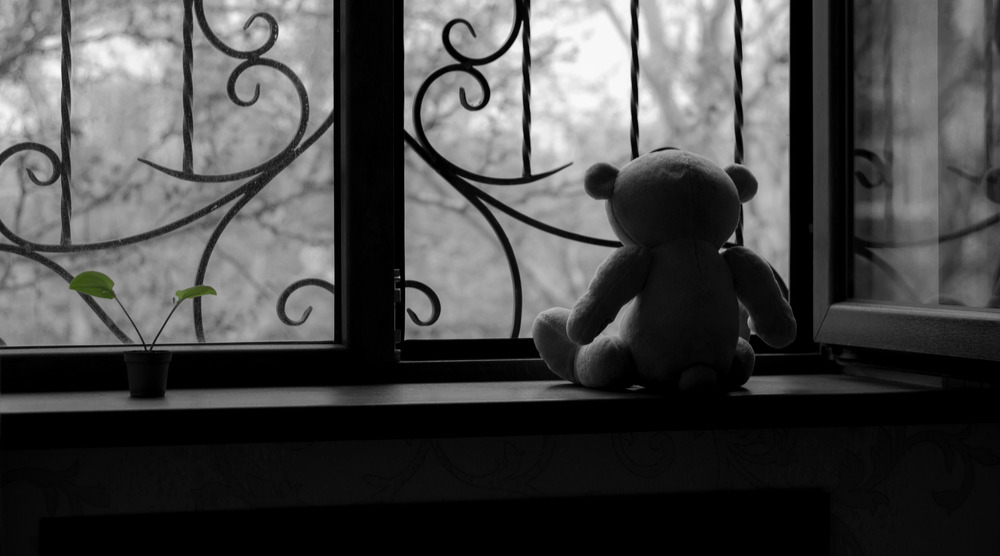Suffering from emotional neglect has very negative consequences to you as an adult. The effects are carried on into your adulthood, and unless you do something about it, they will then affect your children. The worst part about emotional neglect is the fact that you don’t even realize you are a victim.
You don’t have to worry anymore because, in this article, I am going to tell you the signs that you were emotionally neglected. Once you notice the patterns in yourself, you should then start the work to get rid of them. Before you know it, your emotions will heal, and you will know how to relate better with other people and, best of all, how to treat your children so that they don’t turn out like you.
#1: Dreading dependency
If you were emotionally neglected as a kid, you will not want to depend on others for anything which will make you struggle with things that you could easily get help for. This may come out as independence to you, but it’s actually a weakness. You will ride yourself in not bothering other people, but what you have is emotional instability.
#2: Low self-esteem
Emotionally neglected people suffer from low self-confidence. You will feel you aren’t worthy of praise and good things. Similarly, you will not put yourself out there because you believe your opinions do not matter. You will always take the back seat to everything and try very hard to be invisible.
#3: Perfectionism
According to studies, perfectionism leads to various diseases. If you were neglected as a kid, chances are you will become a perfectionist and will not want to see even a small mistake in your or other’s work. This will lead you to become critical of yourself and others when they fail to reach perfection. It means you will hardly be satisfied because you cannot always attain perfection, and your progress will stall as you strive for them to be perfect. It is a normal thing to have goals that you won’t meet, not because you are lazy but because of something you couldn’t help, and you shouldn’t beat yourself down for that.
#4: Sensitive to rejection
If you take rejection so seriously, you were likely neglected emotionally as a kid. Emotionally unstable people have a hard time taking no for an answer. It doesn’t matter why the no was said to you, but you take it to mean the person telling you no doesn’t love you. You will over-analyze the situation and conclude that you don’t deserve anything good just because a person or two said no to your request. In the same way it will be hard for you to move on after a break up and you might find yourself mediating on relevant questions to ask your boyfriend or girlfriend to have them take you back.
#5: Emotional unavailability
The most definite sign that you were emotionally neglected is when you are not available emotionally to others. You show no mercy or sympathy, and you might even laugh at the misfortunes of others. You will find yourself unbothered when other people are trying to find a solution. You might take this as being strong, while in reality, it’s a flaw in your emotions.
#6: Feeling empty
Are you struggling with the feeling of emptiness and constant boredom? Do you find that nothing excites you and you prefer to be alone? Then you must have been neglected emotionally whereby your parents or caretakers did not take care of your feelings and emotions. For whatever reasons, your parents disregarded and invalidated, leading you to feel empty due to the attention void.
#7; Lack of self-discipline
If you have no self-discipline, you might have been emotionally neglected. You have no restraint and self-control over things that other people can easily keep off. You will indulge in harmful habits like doing drugs, overeating, stealing, among others. You will do them over and over again and feel guilty but you don’t have the power to stop.
#8; Being sympathetic to others but not to yourself
As an emotionally neglected person, you will have a problem loving and showing sympathy to yourself. You belittle yourself and make awkward jokes about yourself while also treating other people better than you treat yourself always with the excuse that you are ok. You should learn to treat yourself as you would treat someone you love, and respect as self-love spreads to other people, and they love you back.
#9: Blaming yourself for everything
Do you feel guilty about every single thing? It’s a good thing to take the blame for things that you do wrong, but its sick to think it’s your fault things that are out of your control went wrong. Blaming yourself for everything means you grew up being told you were good for nothing. You might also have been given responsibilities that were too huge for you.


